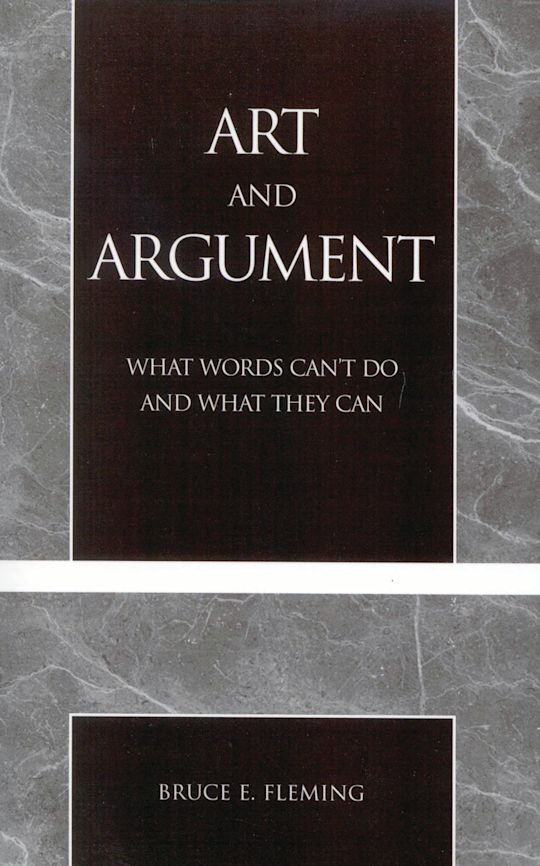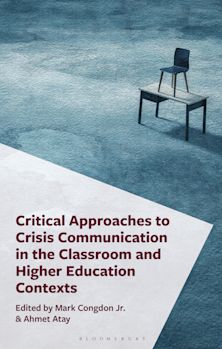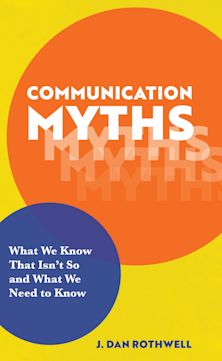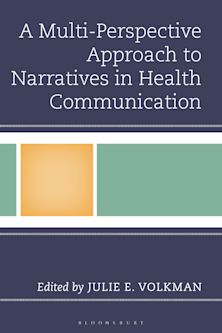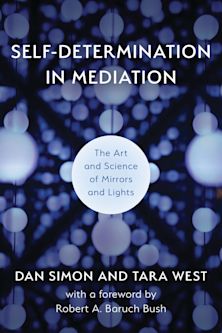- Home
- ACADEMIC
- Communication Studies
- Interpersonal Communication
- Art and Argument
This product is usually dispatched within 3 days
- Delivery and returns info
-
Free US delivery on orders $35 or over
You must sign in to add this item to your wishlist. Please sign in or create an account
Description
The title of this book is Art and Argument, however, these two subjects are treated in reverse order, first argument, then art. Art and Argument is an engagingly written work about how words work in the world and in art. Its freewheeling considerations range from everyday examples to speculative metaphysics, touching along the way on written works from columns by the advice doyenne Ann Landers to literature by D.H. Lawrence, the Japanese Modernist Soseki, and the Pulitzer-Prize-winning poet Steven Dunn.
Table of Contents
Chapter 2 Worlds and the World
Chapter 3 Sex and Silence
Chapter 4 The Boundary Between Words and Silence
Chapter 5 What Art Is, and What It Isn't
Chapter 6 True, False, or Gray
Chapter 7 How to Do Things With Literature
Chapter 8 Endnotes
Chapter 9 Bibliography
Chapter 10 About the Author
Chapter 11 Index
Product details
| Published | Oct 17 2003 |
|---|---|
| Format | Paperback |
| Edition | 1st |
| Extent | 208 |
| ISBN | 9780761826996 |
| Imprint | University Press of America |
| Dimensions | 9 x 5 inches |
| Publisher | Bloomsbury Publishing |
About the contributors
Reviews
-
The book attempts to analyze how language works and how it fails and how we might manage to deal with it, provided we see it as succeeding and failing in communication. In generally straightforward language, and with examples from ordinary acts of communication, Fleming attempts to find out what is at the root of the multidimensionality of communication. We do need more such readable books in this subject.
Sudhakar Marathe, University of Hyderabada, Review of Metaphysics
-
This work contains some wonderful insights into everyday occurrences and helps make certain life experiences seem simple again, in a field that tends to complicate some of the most basic such experiences.
Adam Melinn, Philadelphia University, Philosophy in Review








